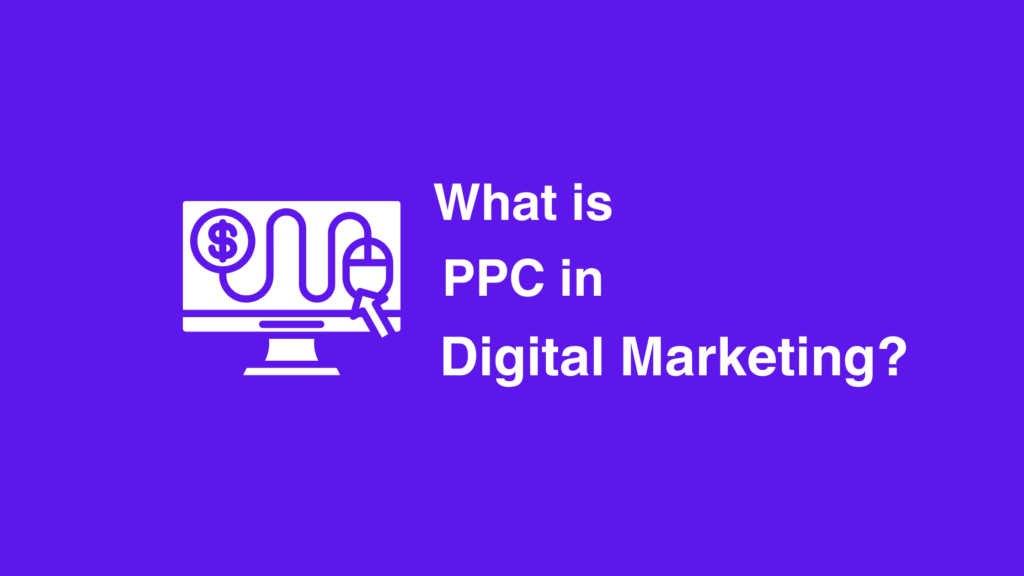

In today’s fast-paced digital world, businesses are constantly searching for effective ways to reach their target audience. One of the most popular strategies for driving traffic and generating leads is Pay-Per-Click (PPC) advertising.
But what exactly is PPC, and how can it help businesses grow? In this blog, we’ll break down the basics of PPC, its advantages, and how it fits into a successful digital marketing strategy.
PPC stands for Pay-Per-Click, a type of online advertising model where advertisers pay a fee each time someone clicks on their ad. It’s essentially a way to buy visits to your website instead of earning them organically. Platforms like Google Ads, Bing Ads, and social media platforms such as Facebook, Instagram, and LinkedIn are commonly used for PPC campaigns.
For instance, if you’re running a Google Ads campaign for your business, your ad appears at the top of the search results when users search for relevant keywords. You only pay when someone clicks on your ad, making it a cost-effective way to attract potential customers.
This means that even with a lower budget, you can outperform competitors if your ad is more relevant and engaging.
PPC advertising is a powerful tool in the digital marketer’s arsenal, offering unparalleled opportunities to reach the right audience at the right time.
Whether you’re a small business looking to build brand awareness or a large corporation aiming to drive sales, PPC can deliver measurable results.
By understanding the fundamentals and implementing best practices, you can create effective PPC campaigns that not only drive traffic but also maximize your return on investment (ROI). Ready to take your business to the next level? Dive into PPC and see the difference it can make
Looking for a digital marketing consultant in Kerala? Come on, let’s talk! I can assist you whether you’re looking for professional guidance, have inquiries, or require specialized strategies for your company. Reach out to us now, and together we can achieve great things with your online presence.